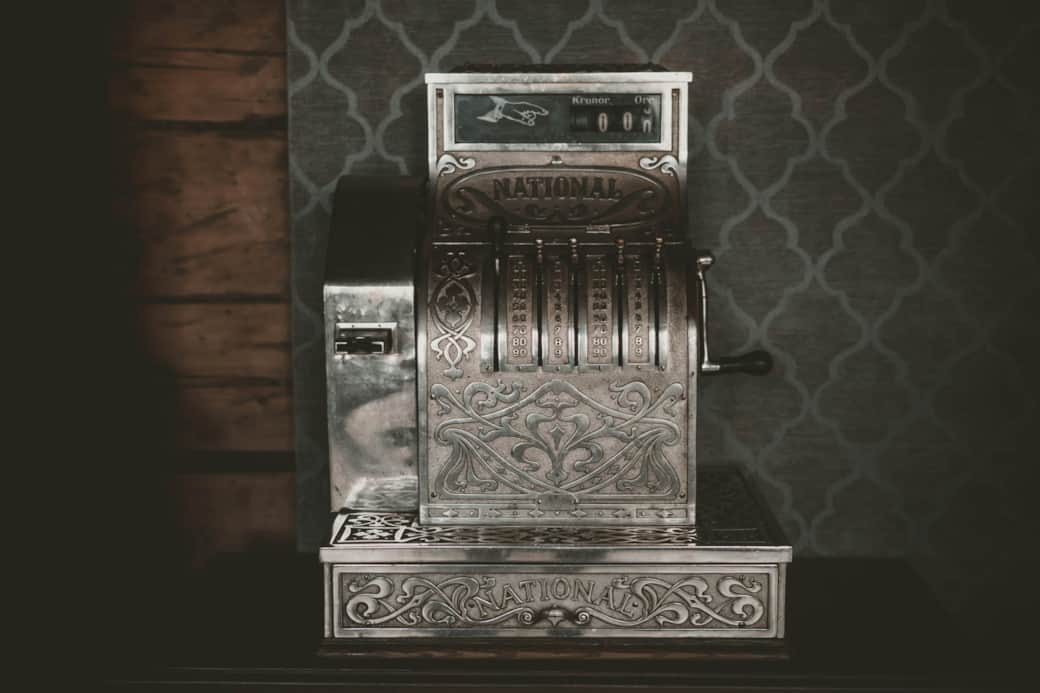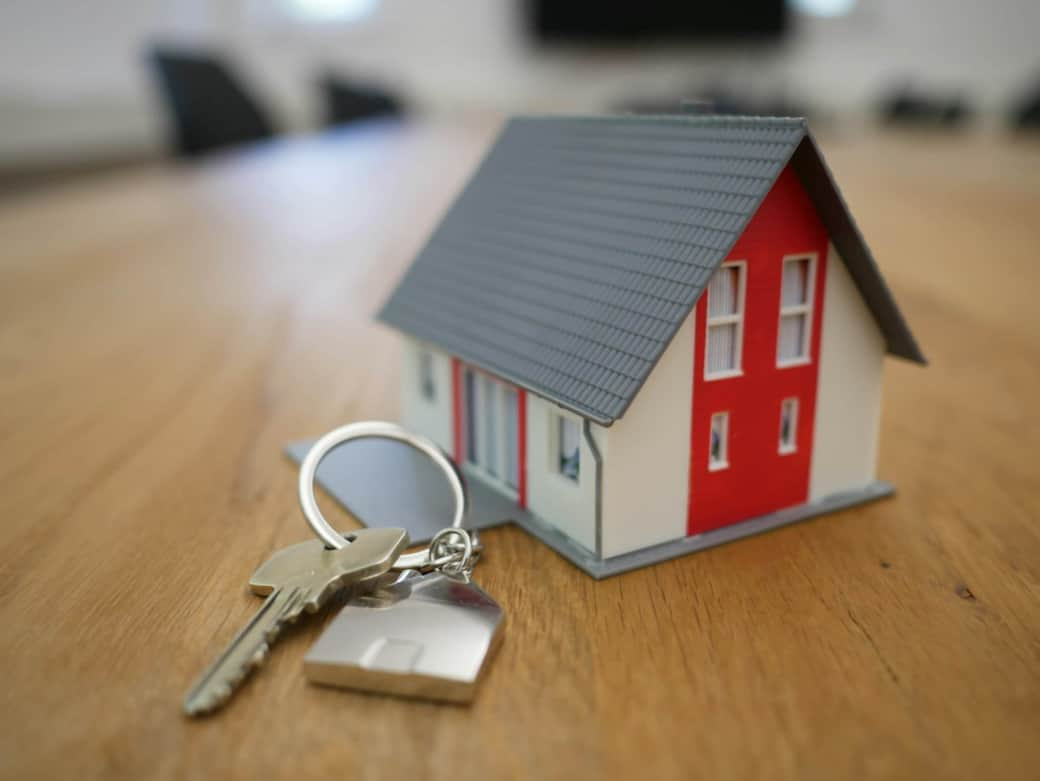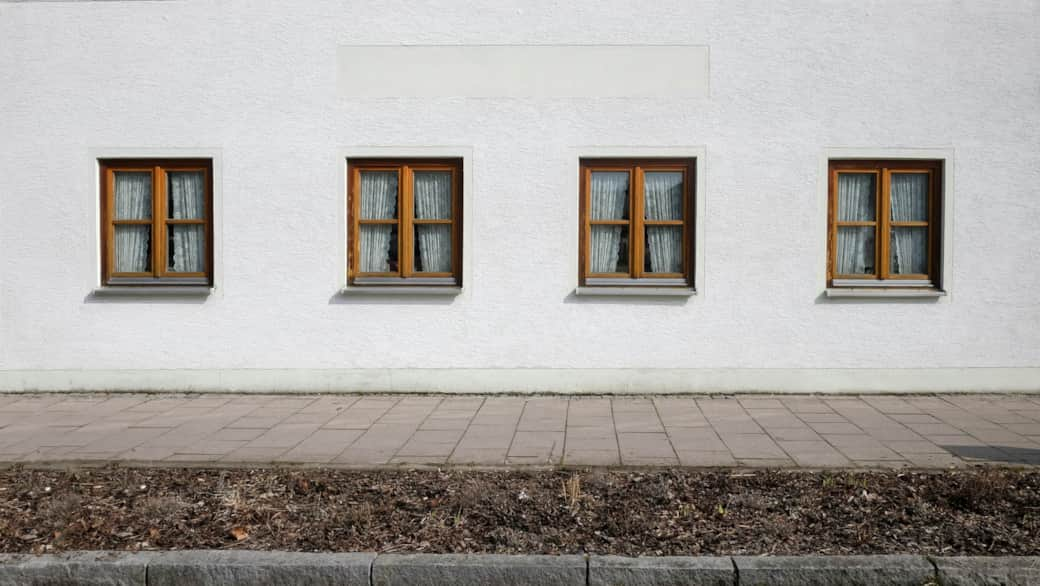Optimize the management of your rental property
Bénoline offers you the tools and resources to navigate the TAL rules and secure your real estate investment. Discover our rental management solutions in Montreal.

November 2025
Being the owner of a condo or a triplex requires a deep understanding of your rights and obligations to effectively manage your rentals. These rules, governed by the Tribunal administratif du logement (TAL), ensure a balanced and professional relationship with your tenants.
This article offers a detailed guide on your duties and the recourses available to you. For a complete view of the rules, also consult our article on Tenant Rights and Obligations, which explores your occupants' perspective.
| Aspect | Landlord Rights | Landlord Obligations |
|---|---|---|
| Rent | Receive payment on time and demand penalties for delays. | Ensure a clear payment method is specified in the lease. |
| Access | Enter with prior notice for inspections or repairs. | Respect the 24-hour notice, except in an emergency. |
| Modification | Adjust rent or terminate with 3 to 6 months' notice. | Justify any increase with evidence. |
| Dwelling | Check initial condition before occupancy. | Provide a decent and safe dwelling. |
| Repairs | Demand coverage for damage caused by negligence (e.g., intentional stain). | Perform major repairs (e.g., roofing). |
| Tranquility | Demand compliance with rules from the tenant. | Manage nuisances caused by other tenants. |
This is your fundamental right: you must receive the rent, generally on the 1st of the month, without delay. Failure to pay can lead to a formal notice (mise en demeure) or, if the delay exceeds three weeks, legal action before the TAL for recovery and lease termination.
🛠️ Key Tip: Specify payment methods (transfer, check) in the Quebec standard lease and keep receipts.
👉 Key Takeaway: A clear payment method in Section D of the lease prevents disputes, particularly in sought-after neighborhoods like the Plateau-Mont-Royal.


You can access the dwelling for inspections, major repairs, or visits by prospective tenants (or buyers), but only with 24 hours' written notice (except in an emergency).
💡 Good to Know: The tenant has the right to refuse access if you do not respect the notice. Always coordinate with the tenant to avoid conflicts.
📌 Internal Link: Building by-laws help establish clear rules for visits. You can consult our article for more information: The Building By-Laws: An Essential Tool for Your Rental Management.
You have the right to propose a rent increase or modify another condition of the lease (e.g., banning animals), or to terminate it under certain conditions.
Increase/Modification: You must use the TAL's rent increase form and give 3 to 6 months' notice. Any increase must be justified (costs, improvements) and can be contested by the tenant.
Repossession or Eviction: You may repossess the dwelling to house yourself or a close family member, or evict the tenant to subdivide, demolish, or substantially enlarge the building. These steps require 6 months' formal notice and, in the case of eviction, TAL approval and the payment of an indemnity.


Your primary obligation is to offer a dwelling that complies with sanitation, cleanliness, and safety standards (heating, plumbing, absence of mold). The dwelling must remain habitable throughout the lease term.
⚠️ Important Warning: The tenant is protected by the guarantee of peaceful enjoyment. Repair major problems (leaks, heating failures) reported within the first 10 days to avoid complaints to the TAL, which could order a rent reduction.
You are responsible for all significant repairs (roof, structure, plumbing, heating system), unless the damage clearly results from the tenant's negligence, fault, or misconduct.
🛠️ Tip: Plan semi-annual or annual visits to identify potential issues before they become too significant (e.g., mold marks on the ceiling).
📌 Internal Link: Building by-laws can help you allocate minor maintenance responsibilities: Drafting Guide: How to Create Your Building Bylaw in Montreal?


You must guarantee the tenant's tranquility. This involves:
⚠️ Point of Attention: If a tenant complains about nighttime noise caused by the upstairs tenant, you have an obligation to intervene and take the necessary steps to stop the nuisance.
Proactive rental management includes knowing the legal steps to take when the tenant fails to meet their obligations. A good understanding of the procedures at the Tribunal administratif du logement (TAL) is essential.
The procedure for enforcing your rights generally follows a gradual escalation. It is crucial to keep a written record of every step to prove your good faith to the TAL.
| Step | Landlord Action | Rationale/Objective |
|---|---|---|
| 1. Informal Communication | Written notice (email, documented call) | For a minor or isolated breach (e.g., moderate noise, small damage). Request immediate correction. |
| 2. Formal Notice (Mise en Demeure) | Registered letter (Mise en Demeure) | For a persistent or more serious breach (e.g., late rent, repeated nuisance). This is the last chance to resolve without costs. |
| 3. Recourse to the TAL | Filing an Application with the Tribunal | When the breach is serious, persistent, or the tenant refuses to cooperate (e.g., non-payment, major damage). |
As a lessor, you can apply to the TAL for the following reasons:

1. Unpaid Rent and Frequent Delays (Monetary Recourse)
Late Rent: If rent is more than three weeks late, you can request lease termination and recovery of the amounts due.
Frequent Delays: Even if the tenant pays, if delays are frequent and cause you serious prejudice (e.g., bank fees, stress), you can request lease termination.
💰 Finance: The TAL may grant eviction, even if the rent is paid at the hearing, if the delays cause significant prejudice to the landlord.
2. Serious Breach of Obligations (Nuisances, Damage, Conditions)
Nuisances: If the tenant or their guests cause serious and repeated nuisances affecting other occupants (excessive noise, vandalism), you can request lease termination.
Damage: In case of significant damage to the dwelling caused by the fault of the tenant, you can request the recovery of repair costs and, if the breach is serious, termination.
Conditions Not Respected: Non-compliance with an essential condition of the lease (e.g., keeping a prohibited animal, illegal subletting).


3. Refusal of Execution or Access
Refusal of Access: If the tenant refuses access for necessary work or visits (after 24h notice), you can request a TAL order compelling them to grant access (Application for Execution).
Refusal to Execute a Judgment: If the tenant does not comply with a previous TAL decision, you can request compulsory execution.
Lease termination for the lessor is only possible for specific reasons, and not simply based on a desire to change tenants:
Repossession of the Dwelling: To house yourself or certain members of your close family. Mandatory 6 months' notice.
Eviction for Work: To subdivide, demolish, or substantially enlarge the dwelling. This requires TAL approval and the payment of an indemnity. Mandatory 6 months' notice.

⚠️ Attention: An eviction or repossession that does not comply with the rules (bad faith, non-compliance with deadlines or form) may result in significant damages being awarded against the lessor. Abuse of rights is never tolerated.
Knowing your rights and obligations as a lessor in Quebec is essential for effective and legal rental management, particularly in Montreal and the regions. This article has guided you through your responsibilities and the available recourses. For a complementary perspective, explore our article on Tenant Rights and Obligations.
👉 Also read:
Q: Can I raise the rent without notice?
A: No, 3 to 6 months' notice with the TAL increase form is required for a lease of 12 months or more.
Q: What should I do if the tenant refuses me access to the dwelling?
A: Respect the 24-hour written notice, except in an emergency. If the refusal is unjustified despite the notice, you can apply to the TAL for an order.
Q: Who pays for a minor repair (e.g., replacing a light switch)?
A: Minor or tenant-related repairs are generally the tenant's responsibility, unless the problem is due to normal wear and tear or a structural defect.
Q: Can I terminate the lease to sell the building?
A: No, the sale of the building does not terminate the lease. The buyer becomes the new landlord and must respect the ongoing leases until their expiration.
Q: What should I do in case of repeated noise nuisances?
A: Address the tenant in writing to ask them to cease the nuisance. If the problem persists and affects the enjoyment of other tenants, you can file an application for lease termination with the TAL.